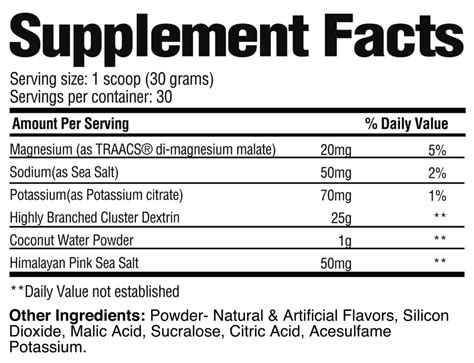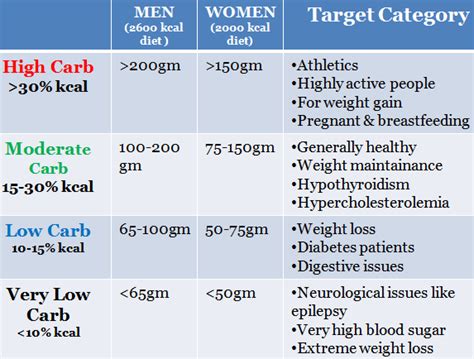What’s the optimal carb timing for sustained energy & peak workout performance?

Fueling Your Body: The Science of Carb Timing
Carbohydrates are the body’s primary fuel source, especially when it comes to high-intensity exercise and maintaining consistent energy levels throughout the day. But it’s not just about how many carbs you eat; when you eat them can significantly impact your stamina, power output, and recovery. Understanding optimal carb timing can be a game-changer for anyone looking to unlock sustained energy and achieve peak workout performance.
From the casual gym-goer to the elite athlete, strategically consuming carbohydrates can prevent dreaded energy crashes, enhance focus, and speed up muscle repair. Let’s delve into the specifics of how to time your carb intake for maximum benefit.

Pre-Workout Carbs: Priming the Engine
What you eat before a workout sets the stage for your performance. The goal here is to top off your glycogen stores (the stored form of glucose in your muscles and liver) without causing digestive distress. Complex carbohydrates, which release glucose slowly into the bloodstream, are generally preferred.
- 2-3 Hours Before: A meal rich in complex carbs (e.g., oats, whole-wheat bread, brown rice, sweet potatoes) along with some protein and healthy fats. This allows ample time for digestion and nutrient absorption.
- 30-60 Minutes Before: If you need a quick boost closer to your workout, opt for easily digestible simple carbs like a banana, a piece of fruit, or a small handful of dried fruit. Avoid high-fiber or high-fat foods in this window, as they can slow digestion and cause discomfort during exercise.
Intra-Workout Carbs: Sustaining the Effort
For most standard workouts (under 60-75 minutes) with moderate intensity, pre-workout nutrition is usually sufficient. However, for longer duration (over 75 minutes) or very high-intensity training sessions, intra-workout carbs can be incredibly beneficial. They help to maintain blood glucose levels, spare muscle glycogen, and delay fatigue.
The best choices here are fast-acting, easily digestible simple sugars, often found in sports drinks, gels, or chews. Aim for about 30-60 grams of carbohydrates per hour, especially during endurance activities or extended lifting sessions. Sip on a diluted sports drink or consume small portions of gels at regular intervals.

Post-Workout Carbs: Accelerating Recovery
The post-workout window is crucial for replenishing depleted glycogen stores and kick-starting the recovery process. Consuming carbohydrates after exercise, especially within 30-60 minutes, helps to optimize muscle glycogen resynthesis and reduces muscle protein breakdown when combined with protein.
- Immediate Replenishment: Aim for a mix of simple and complex carbohydrates. Simple carbs (e.g., fruit juice, white rice, white bread) provide a quick insulin spike, which helps shuttle nutrients into muscle cells, while complex carbs ensure sustained replenishment.
- Quantity: A general guideline is 0.8-1.2 grams of carbohydrates per kilogram of body weight, combined with 0.25-0.4 grams of protein per kilogram of body weight. For example, a 70kg individual might aim for 56-84g carbs and 17.5-28g protein.

Daily Carb Distribution for Sustained Energy
Beyond the peri-workout window, how you distribute your carbohydrates throughout the day also matters for sustained energy. While specific timings around workouts are critical for performance, maintaining a consistent intake of complex carbohydrates in other meals helps keep blood sugar stable, preventing energy dips and cravings.
Focus on incorporating whole grains, fruits, vegetables, and legumes into your main meals. Adjust your intake based on your activity level; highly active individuals will naturally require more carbs than those with a sedentary lifestyle.

Individualization and Key Takeaways
It’s important to remember that carb timing is not a one-size-fits-all approach. Factors such as your body type, metabolism, type and intensity of exercise, and personal preferences will all influence what works best for you. Experiment with different foods and timings to see how your body responds.
Listen to your body, track your energy levels and performance, and adjust your carb strategy accordingly. While the exact science is constantly evolving, understanding the fundamental principles of carb timing provides a powerful tool for optimizing your energy and achieving your fitness goals.










